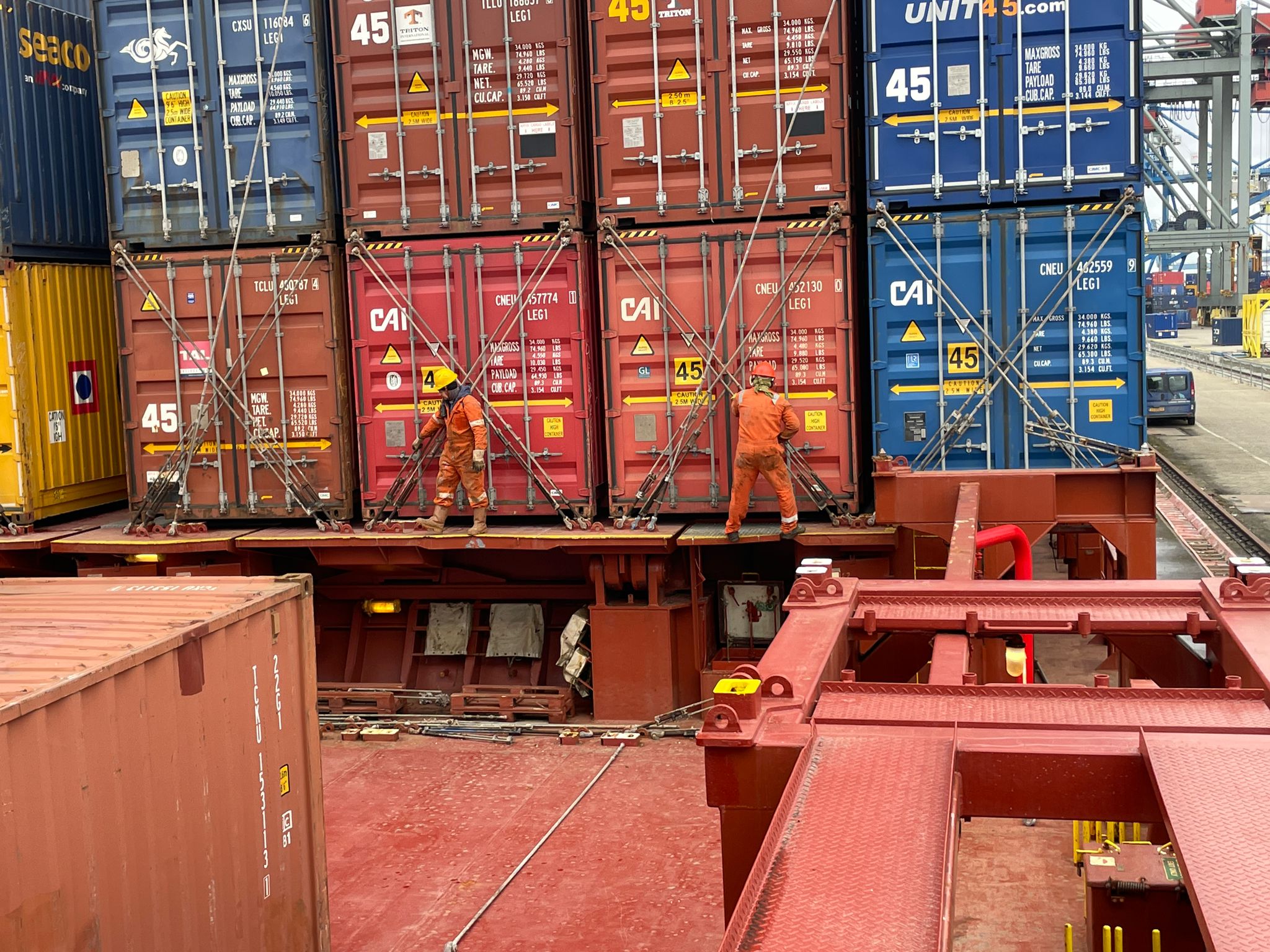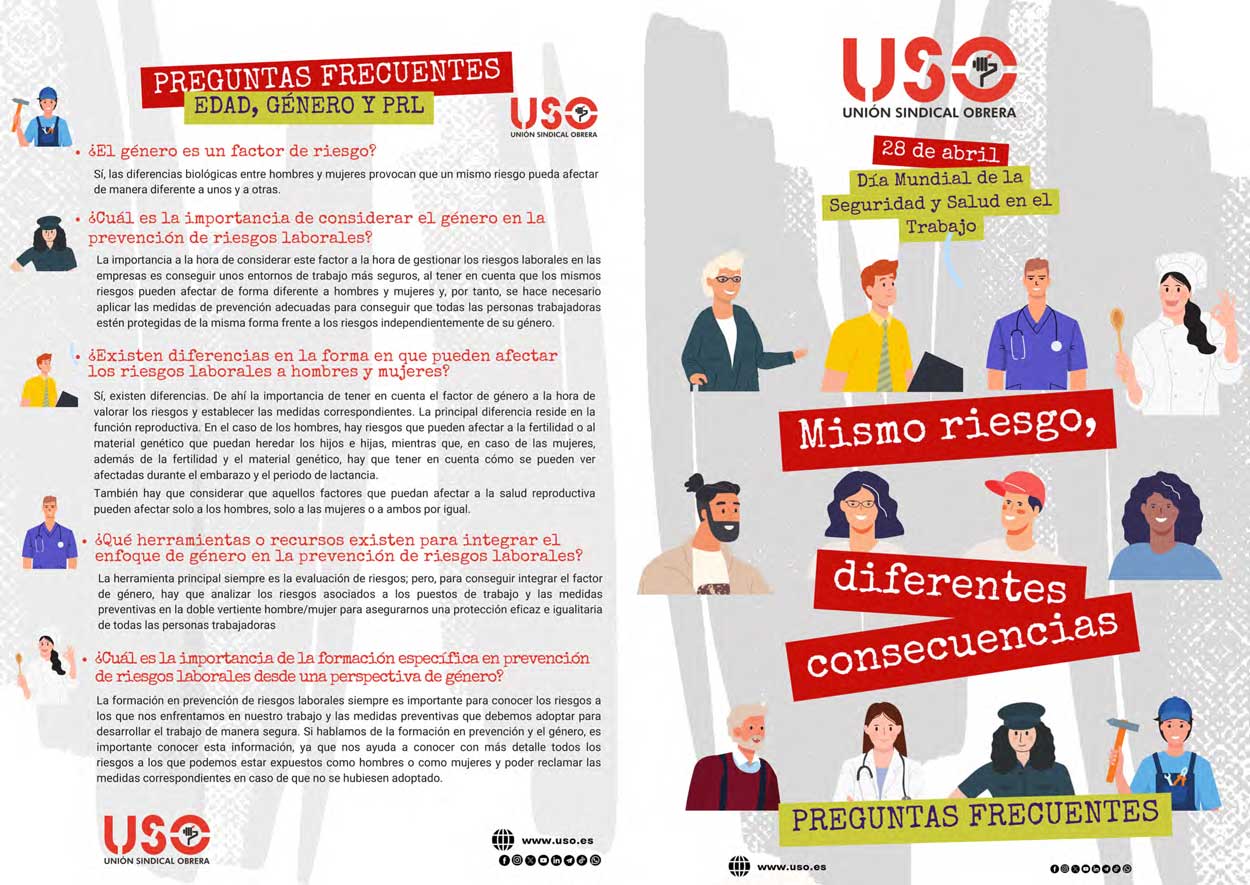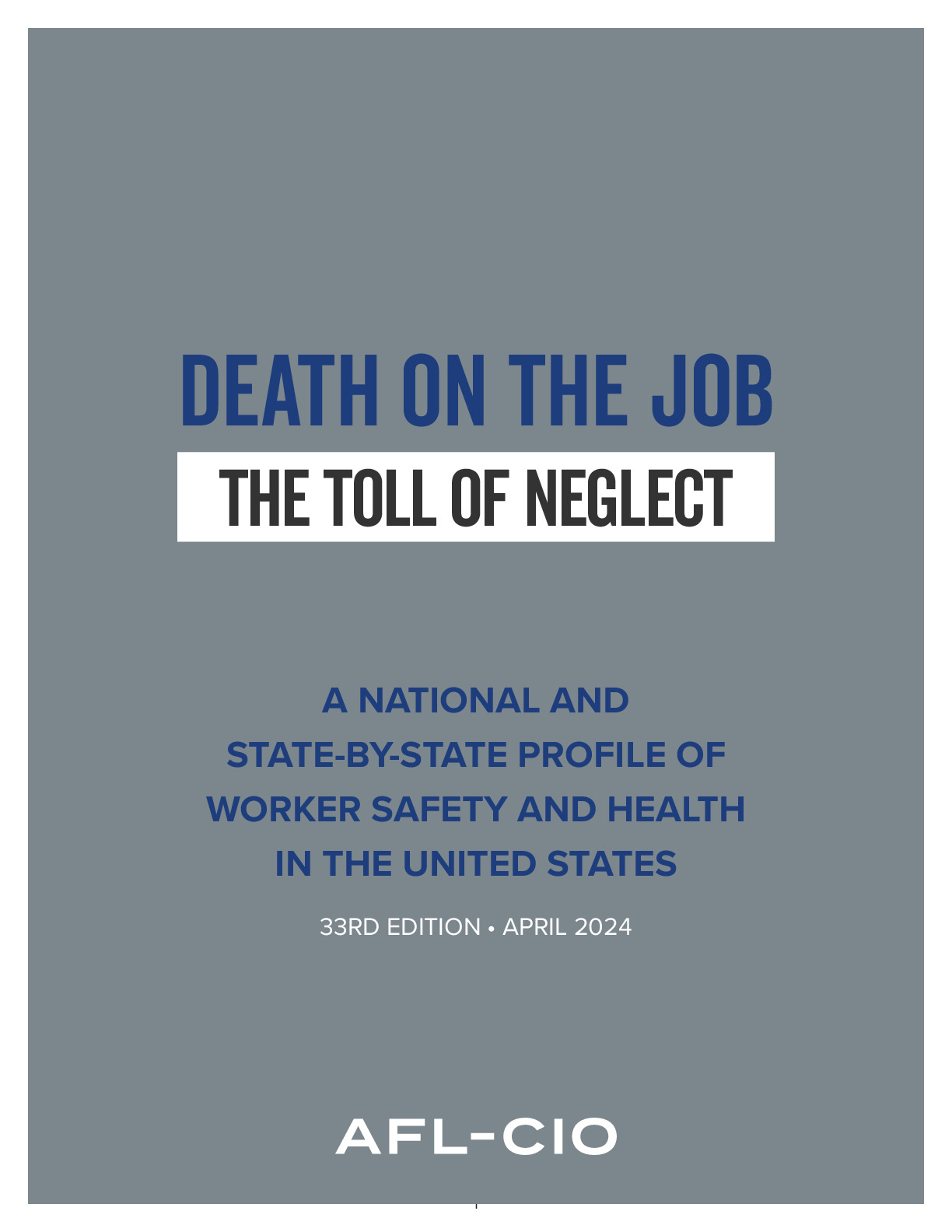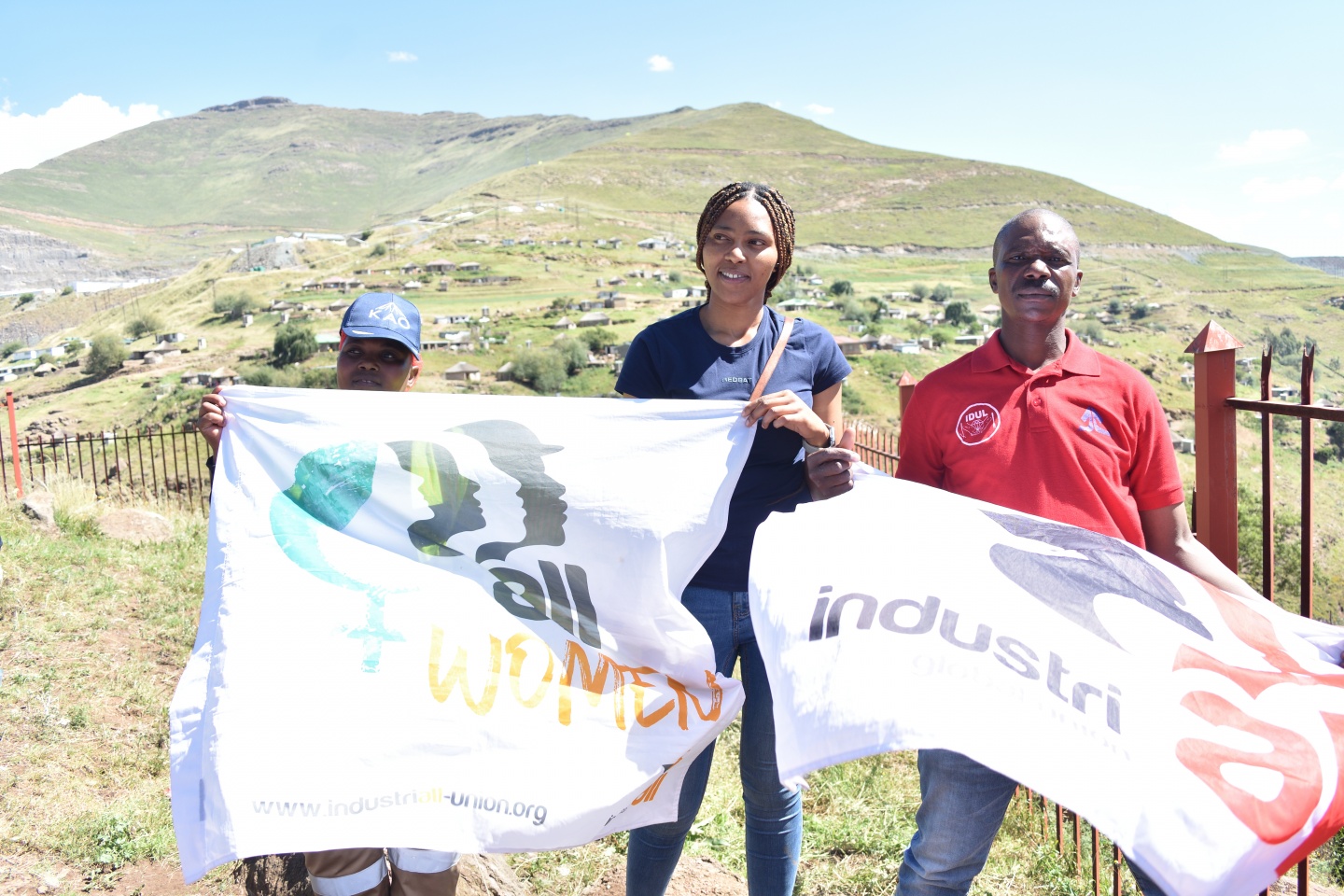
As one company steps up to do the right thing in the Netherlands, another CEO faces charges for the 2020 death of a New Zealand stevedore
Fatigue is a seafarer’s constant reality. Imagine arriving in port after days on end of 10-16-hour shifts, facing harsh weather and frequent stops at ports taking away your chance to rest, not to mention the emotional and mental challenges of working in a risky environment for little pay, often thousands of miles away from beloved friends and family.
Then imagine being asked to take on a complex, dangerous job you have no training for: the lashing and unlashing of huge, heavy, metal containers – which can weigh up to 30,000kg, or around 16 times the weight of an average car – all while handling steel rods, turnbuckles, chains and wire rope, all rigged under tension.
It’s little wonder that forcing seafarers to do dockers’ work – which dockers are specifically trained to undertake – leads to the injury and deaths of seafarers every year, all around the world. And all because already highly profitable shipping companies prioritise their bottom lines over the safety of their workers.
Unifeeder’s positive step praised by European transport unions
So, when shipping companies decide to do the right thing and work constructively with workers and their unions, the trade union movement will always give positive acknowledgement where it’s due – which is why transport unions from across Europe are warmly welcoming Unifeeder ensuring that its vessels abide by the Non-Seafarers’ Work Clause (NSWC) in the Port of Rotterdam, the Netherlands.
ITF-affiliated unions, Nautilus International, Netherlands, the Estonian Seamen’s Independent Union, the Latvian Federation of Water Transport Workers, ver.di (Germany), the Pan-Hellenic Seamen’s Federation (Greece) and the Federeção de Sindicatos dos Trabalhadores do Mar (Portugal), all have collective bargaining agreements with the ship owners/managers that are operated by Unifor.
Alongside the ITF itself, they praise the “good work” of Unifeeder in ensuring that its ships in Rotterdam abide by the NWSC: that in a port where dock workers provide the cargo handling services, the ship’s crew are only allowed to carry out the work if there are not sufficient numbers of qualified dock workers available and there is prior agreement of the ITF Dockers Union or ITF Unions concerned.
The unions said to Unifeeder: “We welcome this development and strongly encourage Unifeeder to keep up the good work. We hope Unifeeder will continue honouring the applicable Non-Seafarers’ Work Clause, in Dutch ports as well as in other ports.”
New Zealand port CEO on the hook for lashing death – guilty verdict could trigger change across sector
The ever-present dangers of dock work and the all-too-often seen disregard for workers’ safety are also laid bare by new charges facing former Ports of Auckland CEO Tony Gibson – the first time a New Zealand chief executive has been charged over a workplace fatality.
Gibson faces personal charges from the NZ Maritime Safety Authority of breaching the country’s Health and Safety at Work Act 2015, in what the New Zealand Herald calls an “unprecedented prosecution”.
Port worker and father of six, Pala’amo (Amo) Kalati, was tragically killed in 2020 in the hold of a container ship while conducting lashing work. A crane lifting two 20ft containers was still partially connected to a third, which then broke free and fell into the hold, crushing Amo.
The port’s policies include a rule prohibiting lashers from working three containers from an operating crane. But the Maritime Safety Authority argues that policies were not appropriate to the risks, nor were they properly documented and implemented. Worse still, after four previous health and safety prosecutions under Gibson, the CEO already had a duty to act.
The corporate entity of the Ports of Auckland pleaded guilty to two charges of breaching the Health and Safety at Work Act in 2023, receiving a NZ$561,000 fine. But it is believed that if Gibson is found guilty it could trigger an overdue review of how dock work is undertaken across the New Zealand port sector.
Are you seafarer that has been told to do lashing work?
If your company, master or officer is asking you to do lashing and unlashing in ports and they have no written permission from the local dockers’ union then they are in breach of this agreement. Let us know if this happens to you by sending us an email detailing what happened, the vessel name and location to ReclaimLashing@itf.org.uk
We will keep your details confidential to the ITF and won’t tell your employer. Protect your safety and support your brothers and sisters on the docks by refusing to do lashing and unlashing work in ports on vessels covered by ITF agreements!
https://www.itfglobal.org/en/news/workers-memorial-day-daily-dangers-seafarers-and-dockers-face-work





